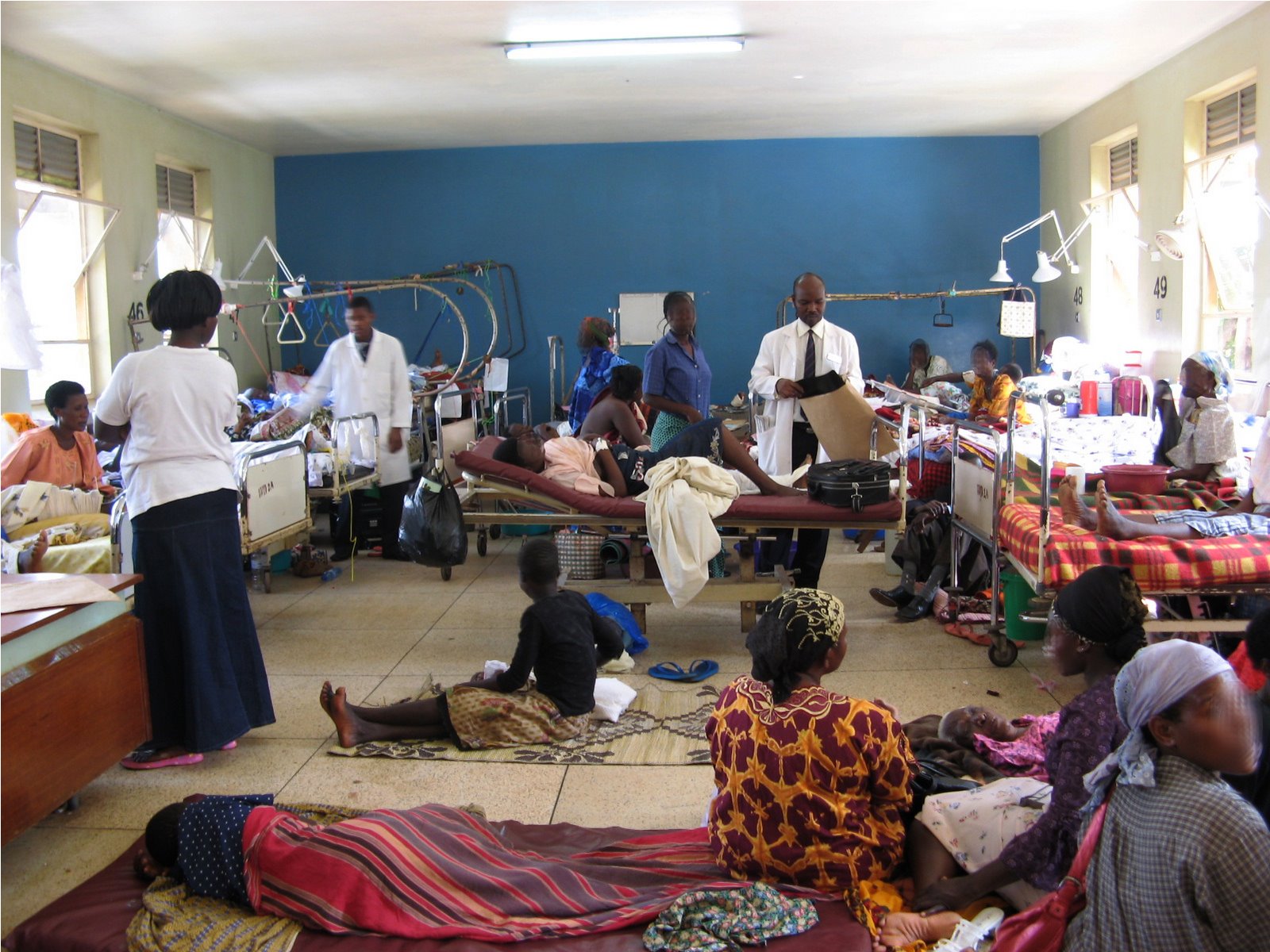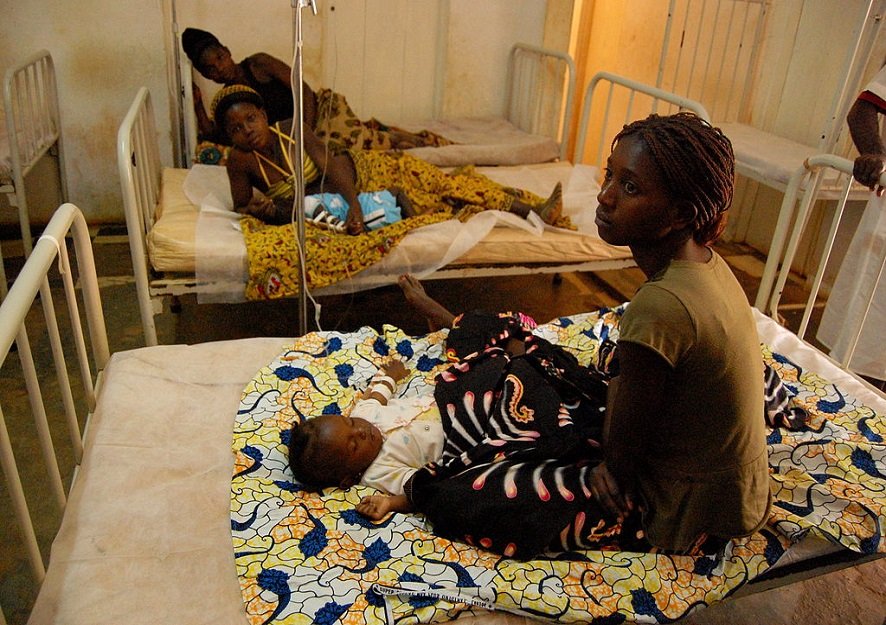$32.1 billion to help women, newborns, young children and adolescents

…massive global effort to restore 40 percent loss of health services due to COVID-19
A massive $32.1 billion of funding to help women, newborns, children, and adolescents has been pledged to restore essential health, nutrition, and social services for women, newborns, children, and adolescents lost because of the COVID-19 pandemic.
The pledges are highlighted as part of an expanding campaign coordinated by The Partnership for Maternal, Newborn & Child Health (PMNCH), based on a global Call to Action to protect women, children, and adolescents in the COVID-19 crisis and beyond.
“Three decades of massive improvement in health and social services for this group is severely threatened,” says Helen Clark, former Prime Minister of New Zealand and Chair of PMNCH, a global alliance of 1,200 partner organizations, hosted at the World Health Organization (WHO).
Women, newborns, children, and adolescents have experienced disruptions of almost 40 percent of key health services since the pandemic, according to the WHO.
Of the $32.1 billion total pledged to date, almost 60 percent or $18.9 billion in domestic funding is being committed by low and middle-income countries in response to PMNCH’s Call to Action, including Burkina Faso, India, Kenya, Liberia, Malawi, Nigeria, South Africa, and Zambia. The remaining $13.2 billion is from official development assistance committed as grants from high-income countries and a private foundation. These donor pledges were announced in December 2020.
“The majority of the pledges are domestic funding coming from middle and low-income countries themselves, with almost $17 billion from African nations,” says Helen Clark. “These nations are acting and not waiting for donations from others to help women, children, and adolescents in their countries.”
Of this $32.1 billion, $15.2 billion (47 percent) is money to address COVID-19. The other half is directed to protecting existing sexual, reproductive, maternal, newborn, child & adolescent health budgets, and protecting women, children, and adolescents from violence.
“These funds will support women, children, and adolescents in getting health services and priority social protections throughout the COVID-19 crisis and recovery periods,” says Joy Phumaphi, Executive Secretary of the African Leaders Malaria Alliance and a leader in the PMNCH network.

A file photo of patients in a hospital
The two most frequently disrupted services are:
- From January to March 2021, more than a year after the COVID-19 pandemic first prompted lockdowns, 44 percent of 121 countries reported disruptions to family planning and contraception services.
- During the same period, 41 percent of countries reported disruptions to services for the management of moderate and severe malnutrition.
“The health of women, children, and adolescents is now at great risk, with pre-existing inequities compounded by narrowing access to essential health services,” Helen Clark said. “Our concern is that resources directed to them, which were already insufficient, are being diverted away to respond to other challenges exacerbated by the COVID-19 pandemic. Basic primary health care matters immensely in saving lives and protecting rights.”
The impact of the COVID-19 pandemic on women, newborns, children, and adolescents
- Maternal Deaths. Severe disruptions to essential services due to COVID-19 have been estimated to result in almost 1 million additional child and maternal deaths between May 2020-April 2021.
- Child Health. In 2020, because of the secondary effects of the pandemic, the number of children that have not received a single vaccine shot against preventable diseases, including diphtheria, tetanus, and pertussis (so-called “zero-dose” children), has gone up by 30 percent in the least developed countries, leaving them vulnerable to some of the world’s deadliest diseases.
- COVID-19 cases. More than 14 million children and adolescents have contracted COVID-19 in 104 countries. That is more than 14 percent of the 102 million infections globally. Infection patterns have shifted towards younger age groups due to rising vaccine coverage among adults.
- COVID-19 vaccinations. As of October 2021, only 1 in 27 people in low-income countries, or less than 4 percent, have been vaccinated with at least one dose. More than 6.2 billion doses have been administered globally, but only 3 percent of those in Africa have been fully vaccinated.
- Stillbirths. Almost 200,000 additional stillbirths are estimated to have occurred between October 2020 and September 2021due to the impact of the pandemic. It is estimated that the chances of stillbirth increased by almost 30 percent in low and middle-income countries, compared to the pre-pandemic level.
- Unwanted pregnancies. An analysis of unwanted pregnancy in 115 low and middle-income countries found as many as 1.4 million unintended pregnancies may have occurred before women were able to resume use of family planning services.
- Violence against women. Violence against women and children during COVID-19 has increased. For example, domestic violence hotlines in some countries reported a five-fold increase in calls after physical distancing and lockdown measures were introduced.
- Orphans and caregivers. COVID-19 has created at least 1.5 million orphans, out of four million deaths worldwide, according to a study published in The Lancet. A person under 18 loses a caregiver every 12 seconds. For every two COVID-19 deaths worldwide, one child is left behind to face the death of a parent or caregiver.
“The pandemic exposed critical weaknesses in our health systems. Battling the COVID-19 pandemic has shown us how much basic primary health care matters in saving lives and protecting the rights of women and children,” says Githinji Gitahi, Global CEO of Amref Health Africa and a leader in the PMNCH network. “We need to achieve universal health coverage to ensure that women, children, and adolescents are protected at the primary level.”
Health systems worldwide were ill-prepared to cope with the scale of the pandemic and to mitigate the disruption to essential sexual, reproductive, maternal, newborn, child, and adolescent health services. In addition, the impact of the COVID-19 pandemic extends far beyond the health sector. Women, children, and adolescents are also among the most vulnerable and impacted by the critical socio-economic consequences of the pandemic, exacerbating poverty, marginalization, and inequities.

A file photo of women in a hospital
Economic impact
The pandemic has triggered a recession surpassing any economic downturn since World War II, leading to potential long-lasting economic consequences and historic levels of unemployment and deprivation. It is proving to be a human crisis whose impact on women, and girls is being felt in all areas, from health, economy, security to social protection –and are exacerbated simply under their gender.
For example, the decrease in employment between 2019 and 2020 was more pronounced than during the Great Recession of 2008-2009 for both women and men. However, women have been disproportionately hit by job losses. Women lost 4.2 percent of their jobs as a result of the pandemic, compared to 3 percent of men’s employment.
If no action is taken to counter the gendered effects of the pandemic on women’s jobs, the global GDP growth is estimated to be $1 trillion lower in 2030 than it would be if women’s unemployment simply tracked that of men. The current crisis undermines decades of gains made on gender equality and women’s equal participation in the labour force. The health and well-being of women, children, and adolescents – directly influenced by household income – is further compromised in this process.
PMNCH has issued a 7-point Call to Action in response to the devastating effects of COVID-19 on the health and well-being of women, children, and adolescents. It calls on leaders to protect and prioritize their rights and health during the COVID-19 response and recovery by strengthening political commitment, policies, and financing for vital health services and social protections, particularly for the most vulnerable.
Countries have responded to this call with these financial and policy commitments to prevent the COVID-19 pandemic from becoming a lasting crisis.
By the beginning of December 2020, the Call to Action had brought together commitments of $20.6 billion. As of October 2021, the pledges have increased by almost 56 percent to $32.1 billion.
$32.1 billion in funding to help women, newborns, children, and adolescents
Country pledges are directed to these areas: maternal, newborn, child, and adolescent health care and well-being, health systems strengthening, nutrition, food security and social protection programs, and sexual and reproductive health and rights.
Here are some individual pledges from low- and middle-income countries (full text of all commitments, including donor pledges, is available at: www.pmnch.org):
Burkina Faso –$263 million annually from 2021 to 2025 for free health care for women and children under five, and family planning services. Burkina Faso also commits to improving equity and strengthening primary healthcare systems, including healthcare workforces, and to providing quality sexual and reproductive health services adapted to the needs of adolescents and young people by 2025.
Kenya –$2.2 billion during 2021-2022 for the provision of universal health coverage to guarantee quality and affordable healthcare, with additional funding committed under the post-COVID-19 Economic Recovery Strategy for inequality, social cohesion, and social protection.
Liberia –$10.6 million in 2021 to improve the health and well-being of women, children, and adolescents, by supporting and building the capacity of health services providers, providing safe and accessible drinking water, sanitation and hygiene as part of the COVID-19 incidence management system, and guaranteeing availability of critical life-saving equipment and medicines to ensure access to quality health care to women, children and adolescents.
Malawi –$213.7 million during 2020-2021 is committed to prioritizing women’s, children’s and adolescent’s health, including strengthening sexual and reproductive health and rights by finalizing its relevant national strategies; expanding the health workforce by recruiting an additional 1,380 health workers to provide primary care to women, children and adolescents by the end of 2021; ensuring that nurses and midwives have the knowledge, skills, and equipment necessary to deliver quality, respectful and dignified care by 2023; and conducting assessments to determine staff recruitment needs in district health facilities by 2023.
Nigeria –$2.3 billion during 2020-2028 for strategic interventions that protect the reproductive, maternal, newborn, child, adolescent, and elderly health and nutrition through access to family planning services, immunization, and nutrition programmes.
South Africa –$11.4 billion is committed during 2021-2023 to address violence against women, raise the awareness of young people on Sexual and Reproductive Health and Rights and enable their productive economic participation towards achieving gender equality. South Africa also commits to reviewing national COVID-19 policies for adolescents and youth sexual and reproductive health to ensure adequacy and responsiveness of programmes, and to accelerate the COVID-19 vaccination program.
Zambia – $459.6 million is committed to investing in the health sector including in essential medicines and commodities in 2020-2021, with targeted investments prioritizing the health of women, children, and adolescents. Zambia commits to ensuring that mothers and babies, irrespective of their social, financial status, or physical disability, continue to have the highest quality of care, and sustaining provision of essential sexual, reproductive, maternal, newborn, child, and adolescent health services as a key pillar of its multisectoral response to COVID-19.
Zimbabwe commits to a 60 percent increase in domestic financing for its reproductive, maternal, newborn, child, adolescent health and nutrition program by 2022, including updating national policies, guidelines, and strategies on the continuity of essential reproductive, maternal, newborn, child, and adolescent health in the context of the pandemic to reduce inequalities among pregnant and lactating women in accessing services and empowering health providers to respond to the pandemic. The government has committed to accelerating the implementation of the COVID-19 vaccination programme to reach 60 percent of the population by 2021.



